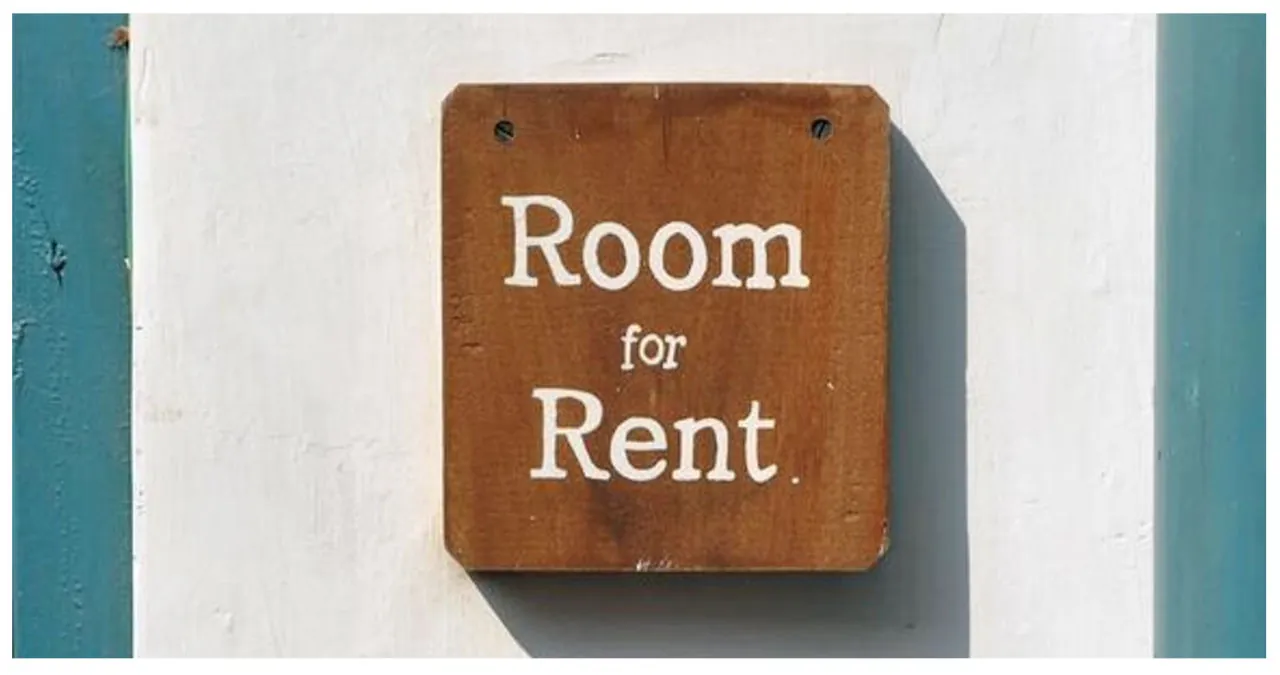Living in New York City is a dream for many due to its vibrant culture and endless opportunities. However, tenants in the city often have a significant concern: rent increases.
In 2023, it is essential for tenants in NYC to have a clear understanding of the intricacies of rent increase laws. This knowledge will help them avoid overpaying for their rental properties.
How Rent Increases Work in NYC
Free-Market vs. Rent-Regulated Apartments
In NYC, the extent to which a landlord can raise your rent depends on the type of apartment you live in. For those in free-market buildings, there is no limit on rent increases, but landlords must give advance notice. However, for rent-stabilized or rent-controlled apartments (collectively referred to as rent-regulated apartments), there are legal protections in place that restrict the amount landlords can raise the rent. It’s worth noting that more than half of the apartments in NYC fall into this rent-regulated category.
2023 Guidelines for Rent-Stabilized Apartments
The NYC Rent Guideline Board plays a crucial role in regulating rent for those living in rent-stabilized apartments. In 2022, they established a cap of 3.25% for one-year leases and 5% for two-year leases, which will be applicable from October 2022 to September 2023. This means that if your rent is currently $1,000, it can only increase to $1,032.50 or $1,050, depending on the duration of your lease.
Free-Market Apartments
In free-market apartments, landlords have the ability to raise the rent based on their perception of the apartment’s fair market value. Although this may seem intimidating in the context of New York City’s expensive rental market, landlords generally avoid excessive increases to prevent tenants from seeking alternative housing options. Interestingly, many landlords opt to follow the Rent Guideline Board’s recommended percentages for free-market apartments, as it provides a convenient and straightforward approach.
Negotiating Rent Increases
Negotiating proposed rent increases is a right that you have as a tenant. Your success in these negotiations often hinges on your history as a tenant. Making rent payments on time and being a respectful neighbor can give you an advantage when it comes to negotiating a lower increase.
Legality of Rent Increases
Legally, landlords have the right to raise the rent when your lease ends, regardless of whether it’s a month-to-month, one-year, or two-year lease. In non-regulated apartments, most rent increases are considered valid, but it’s important to review your original lease for any specific provisions. However, according to the Housing Stability and Tenant Protection Act of 2019, landlords are required to give a 60-day notice for any rent increase that exceeds 5%.
Limits for Rent-Regulated Apartments
If you find yourself in a rent-regulated apartment and your lease renewal increase goes beyond the Rent Guidelines Board’s cap, it is crucial to get in touch with them right away. It is possible that an unlawful rent increase may suggest that you are residing in an unregistered apartment. Moreover, the 2019 HSTPA imposes limits on rent increases for major capital improvements in rent-stabilized apartments, offering additional safeguards for tenants.
Tips to Avoid Rent Increases
-
- Pay Rent Timely: Consistent, on-time rent payments make you a less likely candidate for rent hikes.
- Opt for Longer Leases: Consider accepting longer lease renewals to lock in your rent amount and avoid sudden increases.
- Be a Good Tenant: Adhere to lease terms, maintain your apartment well, and be respectful to neighbors to reduce the likelihood of rent increases.
Bottom Line
If you live in New York City, you may be wondering about the regulations surrounding rent increases for apartments. While some apartments are not subject to regulations, landlords are still required to adhere to certain procedures when raising the rent. If you are residing in a rent-stabilized apartment, you are protected by specific laws that limit the amount landlords can increase the rent. If you are unsure about the status of your apartment, it is advisable to contact the New York Division of Housing and Community Renewal for clarification.
Also Read:
- One Dead And One Rescued From Helicopter Crash Near Miami
- 16-Year-Old New Jersey Native Dies In Route 22 Crash
- Elderly Woman In Critical Condition Following Vehicle Collision



